Eurochild member Florence Koenderink publishes book helping adoptive parents support children coming from institutions
Caring for a previously institutionalised child can be extremely challenging. The book ‘Understanding the Trauma of Institutionalised Children. To support the child you adopt’ was written to help parents who are adopting a child from an ‘orphanage’ understand the effects that institutionalisation has had on the child’s brain and overall development. It also gives advice on how parents can support their child in overcoming challenges.
The book can also be used to advocate for family and community-based care. Chapters 3-9 give a detailed description of the harmful effects of institutionalisation, supported by examples of studies. Areas discussed are expectation management, a general understanding of the development of the brain and the stress response system in a child, the roles of attachment, physical contact, stimulation, attention, and living in the community in child development, as well as attachment disorders, challenging behaviour, self-harm, and health problems.

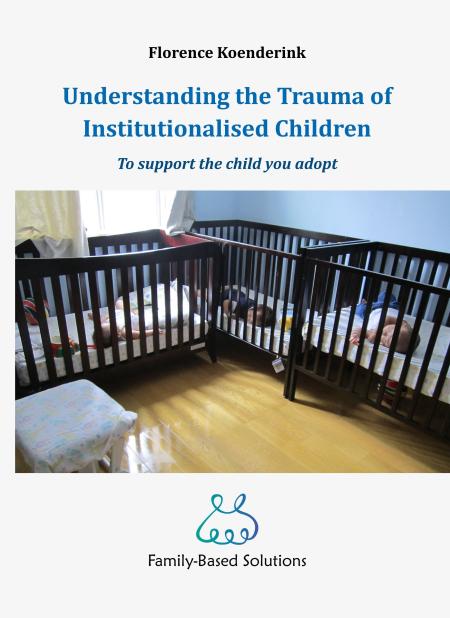

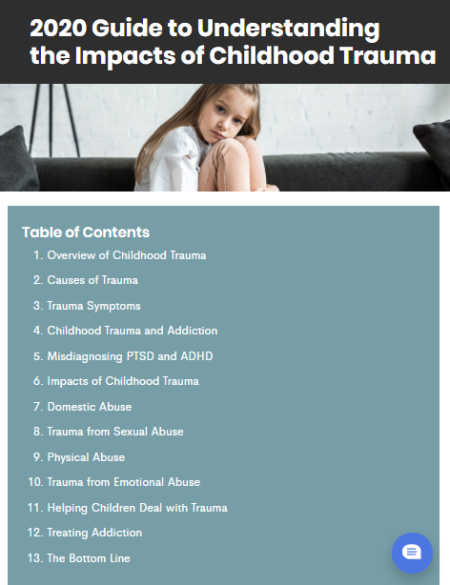

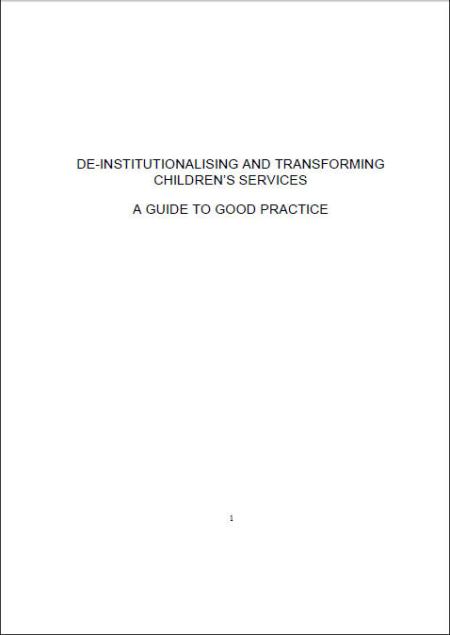

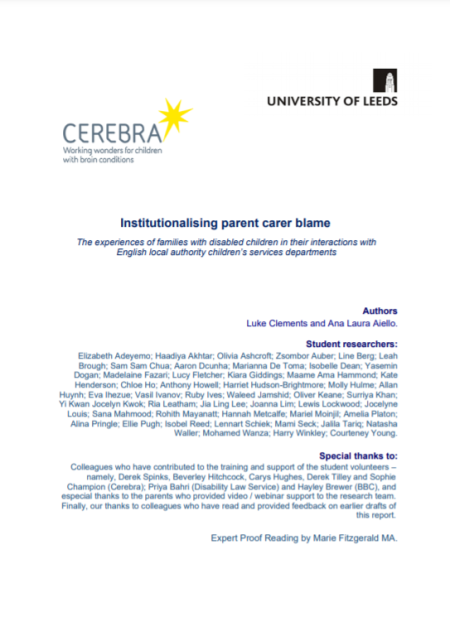

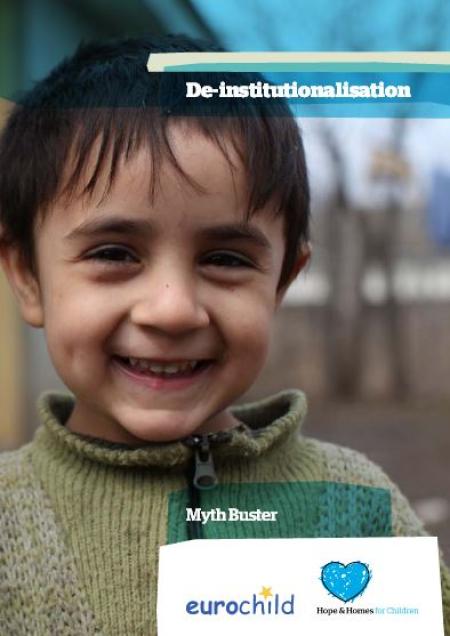

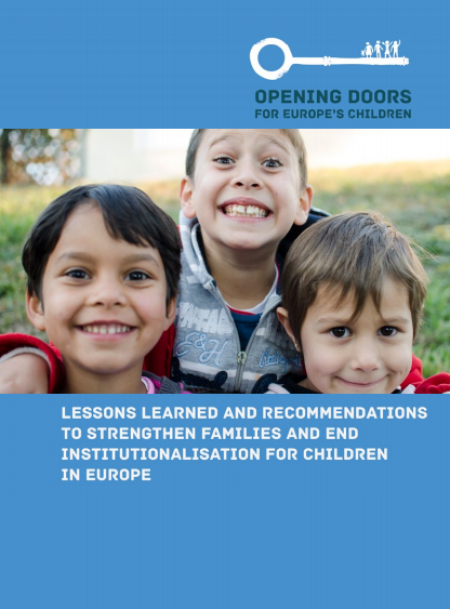

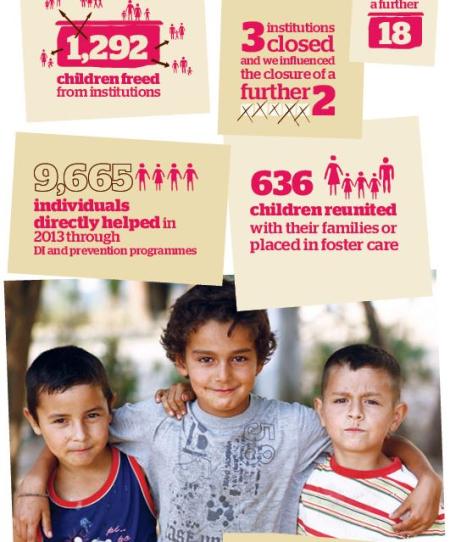

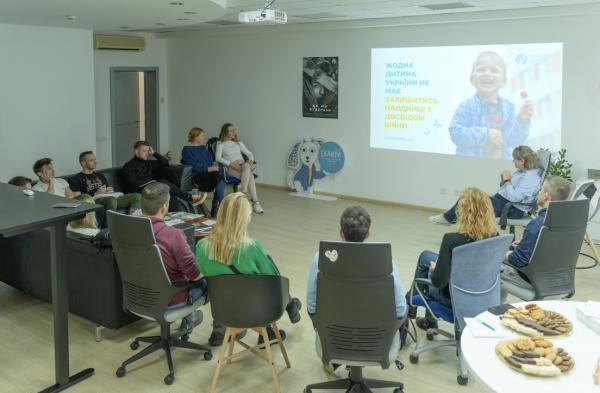


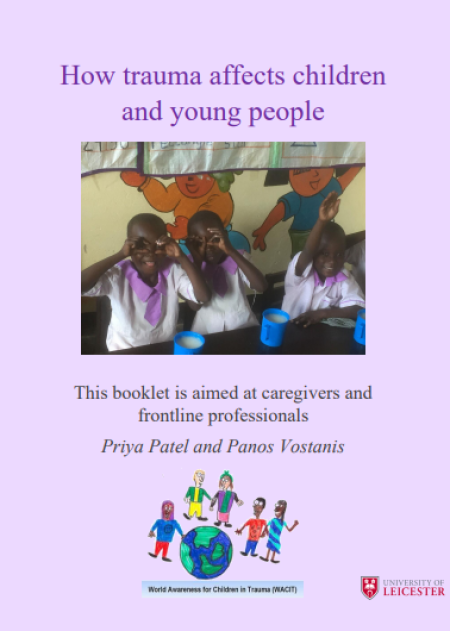





Comments
interesting
interesting